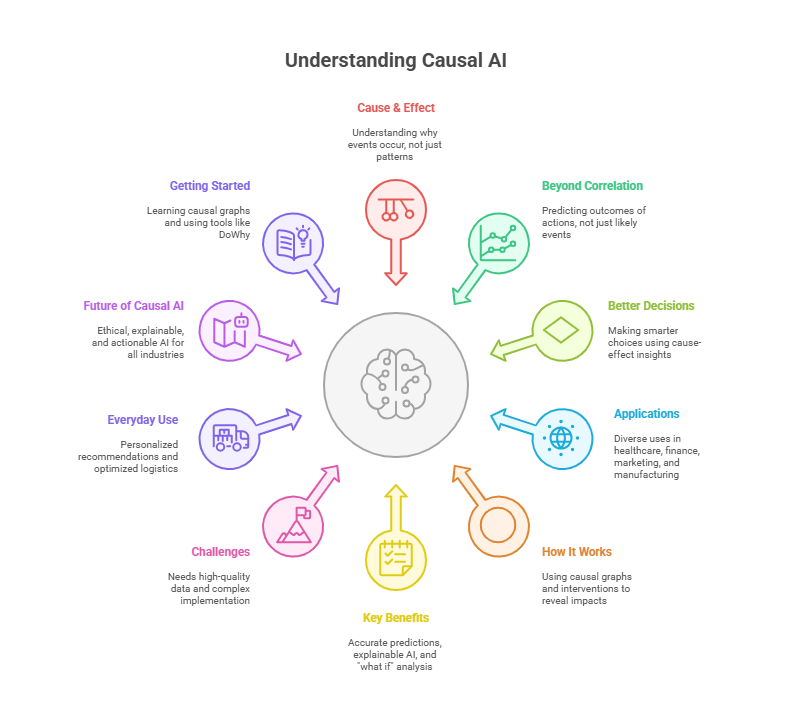Causal AI Market Growth Factors, Challenges & Opportunities | 2035

The landscape for Causal AI Market Mergers & Acquisitions is currently in a formative stage, with the focus squarely on strategic acquisitions designed to capture technology and talent rather than to consolidate market share in a traditional sense. The M&A activity in this sector is not about large competitors buying each other out; it is about large, established technology companies from adjacent markets acquiring smaller, innovative Causal AI startups to gain a critical new capability. The primary motivation behind these deals is often the "acqui-hire"—a transaction where the main prize is the target company's team of highly specialized data scientists, researchers, and engineers. In a field where world-class talent is exceptionally scarce, acquiring a cohesive team that has already proven it can build a cutting-edge product is a massive strategic accelerator for the acquirer. This allows the larger company to instantly establish a center of excellence in Causal AI and infuse that expertise across its existing product lines.
From a technology perspective, these acquisitions are about gaining a significant time-to-market advantage. A major enterprise software vendor, for instance, might recognize that its customers are increasingly demanding more than just predictive dashboards; they want to understand the "why" behind the numbers. Instead of spending two to three years attempting to build a sophisticated causal inference engine from scratch, it can acquire a Causal AI startup and integrate its mature, market-tested platform in a fraction of the time. This allows the acquirer to immediately differentiate its offerings and provide a next-generation analytics capability that its rivals lack. For the acquired startup, the deal provides access to a global sales force, a massive existing customer base, and the resources to scale its technology far beyond what it could have achieved on its own. This symbiotic relationship makes strategic M&A a highly attractive path for both sides in this burgeoning market.
Looking forward, the nature of M&A in the Causal AI space will evolve as the market matures. Initially, the focus is on acquiring core platform capabilities and talent. As the market grows, we are likely to see a second wave of acquisitions focused on vertical specialization. A large company that has acquired a core Causal AI platform might then purchase a smaller firm that has developed specific causal models and domain expertise for a particular industry, such as healthcare or financial services. This will allow them to offer more targeted, out-of-the-box solutions for specific business problems. The M&A activity in this sector will therefore serve as a key barometer of the industry's evolution, signaling the growing strategic importance of Causal AI and shaping the competitive landscape for years to come. The Causal AI Market size is projected to grow to USD 14.01 Billion by 2035, exhibiting a CAGR of 17.84% during the forecast period 2025-2035.
Top Trending Reports -
Antivirus Gateways Security Market
- Art
- Causes
- Crafts
- Dance
- Drinks
- Film
- Fitness
- Food
- Παιχνίδια
- Gardening
- Health
- Κεντρική Σελίδα
- Literature
- Music
- Networking
- άλλο
- Party
- Religion
- Shopping
- Sports
- Theater
- Wellness
